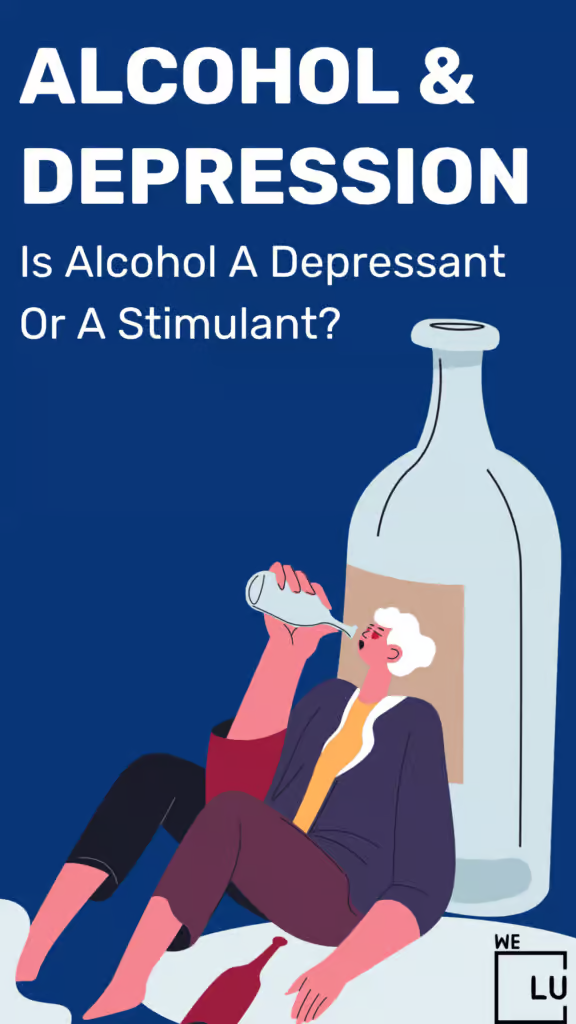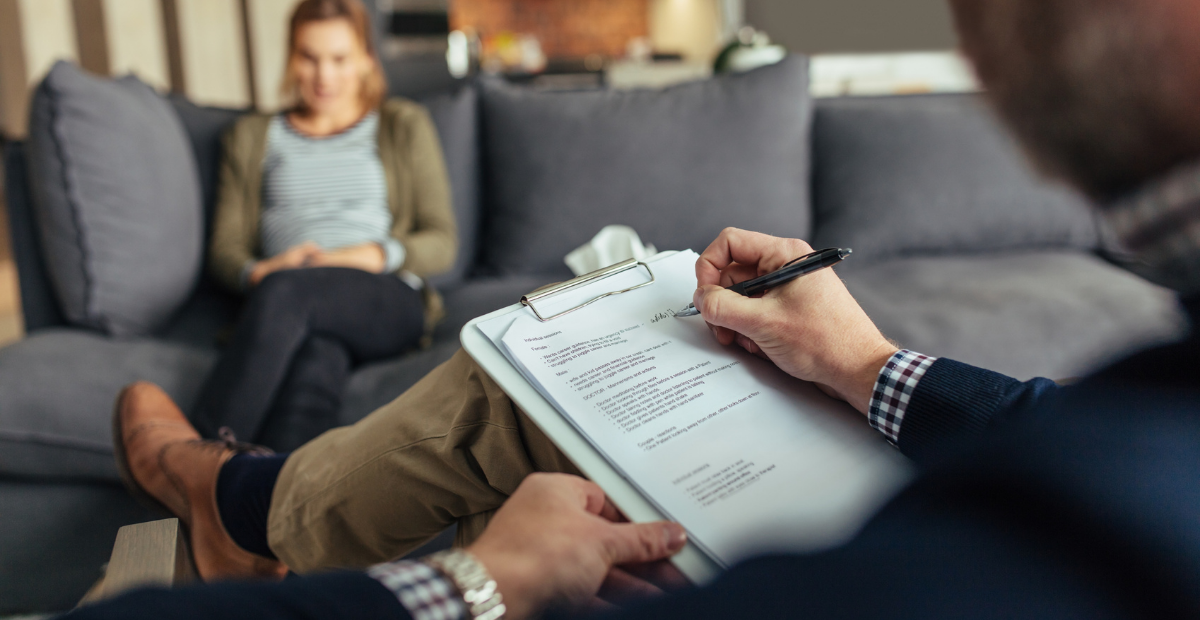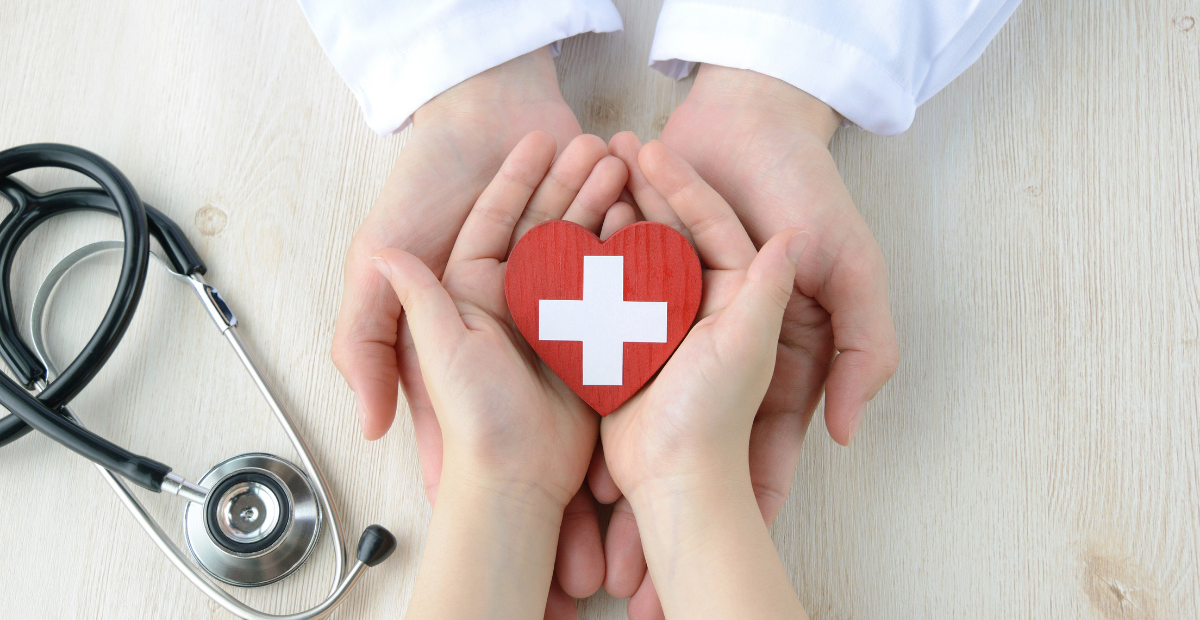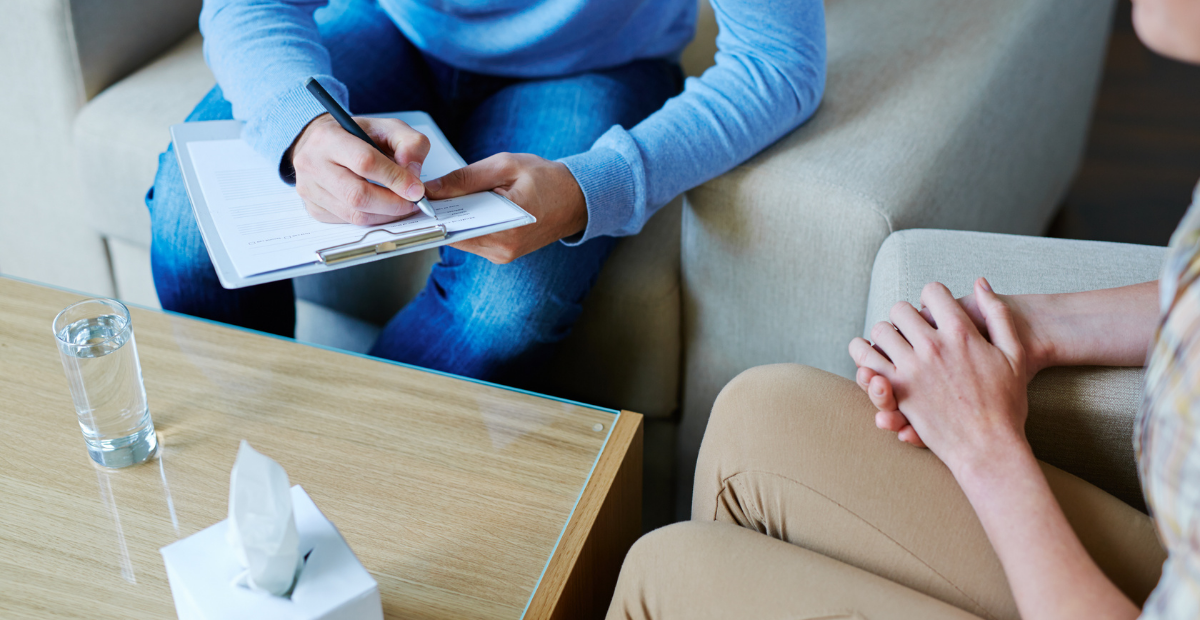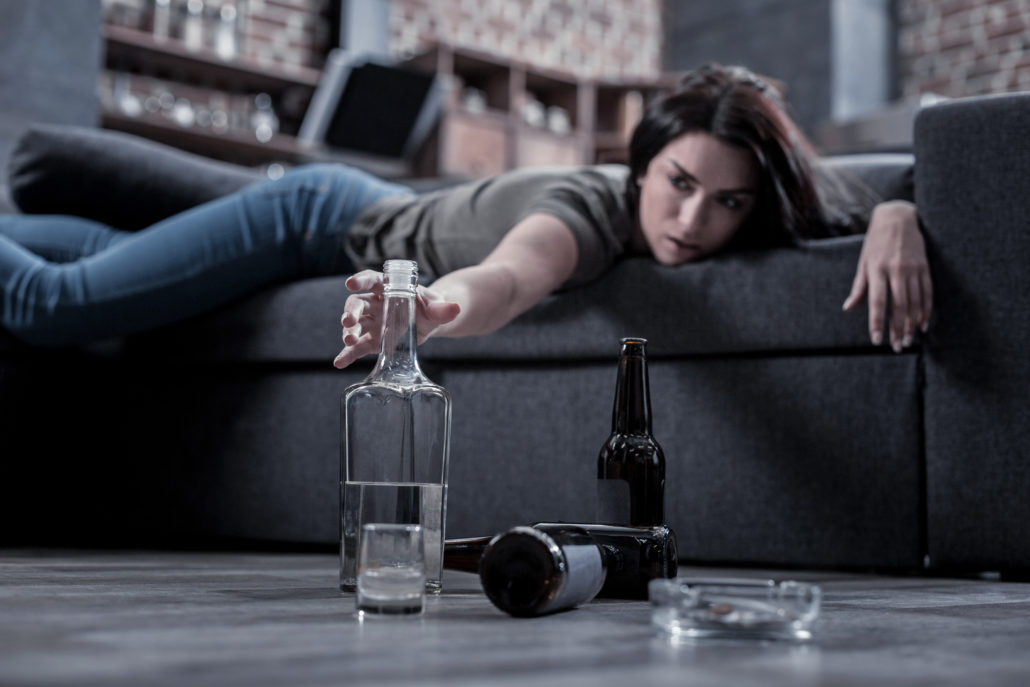Alcohol And Anxiety
Anxiety is our body’s natural response to stress. It is a feeling of fear or apprehension about what is to come. But if your feelings of anxiety feel extreme, last for longer than six months, or are affecting your life, you may have an anxiety disorder that may require anxiety treatment. Does alcohol help anxiety? NO. Anxiety is a healthy emotion. However, when a person regularly feels excessive levels of anxiety and has alcohol dependence, it might become a medical alcohol and anxiety disorder.
The American Psychological Association (APA) [1] defines anxiety as “an emotion characterized by feelings of tension, worried thoughts and physical changes like increased blood pressure.” If an anxiety disorder is left untreated, it can have severe consequences. It is best to always seek out help before the worst. Also, Anxiety treatment can help you overcome the symptoms and lead a more manageable day-to-day life. Anxiety disorder is a medical condition that a variety of professionals can treat. Does alcohol help anxiety? no, and it’s not advisable to drink when you have an anxiety disorder. The sooner you start the right alcohol and anxiety treatment, the better the result you can expect.
What Is Anxiety?
Anxiety is a normal reaction to stress and can be beneficial in some situations. It can alert us to dangers and help us prepare and pay attention. Anxiety disorders differ from normal feelings of nervousness or anxiousness and involve excessive fear or anxiety.
Is Alcohol An Upper Or Downer?
It’s a downer. Alcohol is classified as a Central Nervous System Depressant, meaning that it slows down brain functioning and neural activity. Does alcohol help anxiety? No, and it slows down your ability to think logically when reacting to anxiety.
Alcohol And Disinhibition
Disinhibited behaviors are actions that seem tactless, rude, or even offensive. They occur when people don’t follow the usual social rules about what or where to say or do something. In a sober state, behavior is inhibited. When people are influenced by alcohol the inhibitions are supposed to be weakened and the motivating drives are postulated to become disinhibited and potent to influence behavior. Does alcohol help anxiety? No, and it affects your brain negatively.
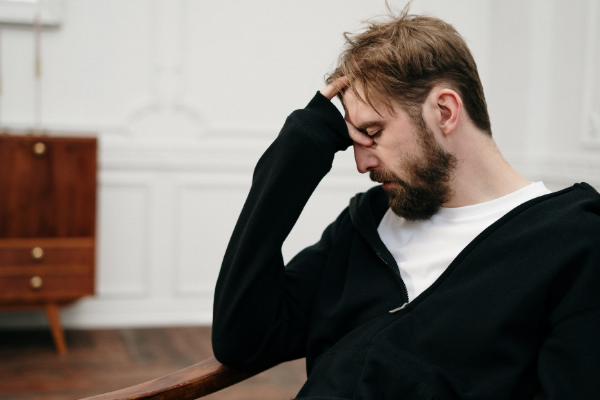
Drinking To Quiet Anxiety
Alcohol changes levels of serotonin and other neurotransmitters in the brain, which can worsen anxiety. In fact, you may feel more anxious after the alcohol wears off. Alcohol-induced anxiety can last for several hours, or even for an entire day after drinking. Using alcohol to cope with social anxiety disorder can be dangerous. According to the Anxiety and Depression Association of America (ADAA), about 7 percent of Americans have this form of anxiety. [2]
With social anxiety, you may find social situations unbearable. It’s common for people with a social anxiety disorder to drink alcohol to cope with social interactions. Doing this can lead to a dependence on alcohol during socializing, which can make anxiety symptoms worse.
Does alcohol help anxiety? No, and drinking alcohol can also trigger panic attacks. While many people do feel some anxiety after drinking, regular alcohol-induced panic attacks are a serious matter. If you are frequently getting panic attacks after consuming alcohol, it is important to take a step back and look at your drinking.
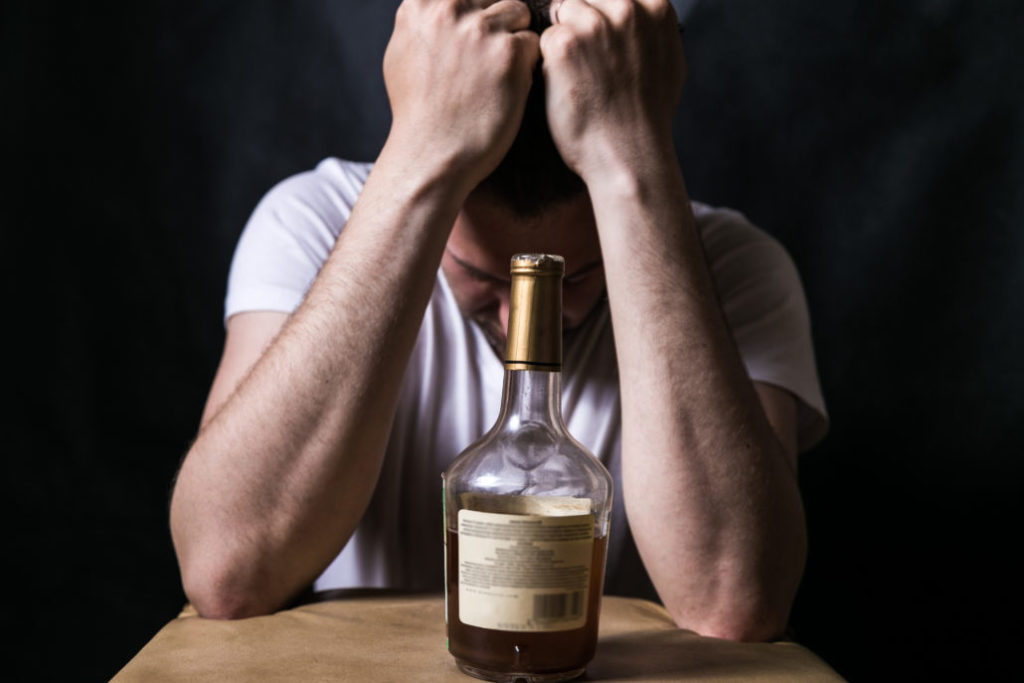
Side Effects Of Alcohol Misuse
Those with substance use disorder (SUD) often try to hide their symptoms and downplay their problem. If you’re worried that a friend or family member may be misusing drugs or experiencing alcohol use disorder, look for the following signs of alcoholism and substance abuse:
Physical Side Effects
- Bloodshot eyes, pupils larger or smaller than usual
- Changes in appetite or sleep patterns
- Deterioration of physical appearance, personal grooming habits
- Runny nose or sniffling
- Sudden weight loss or weight gain
- Tremors, slurred speech, or impaired coordination
- Unusual odors on breath, body, or clothing
Behavioral Side Effects
- Using causes difficulties in one’s relationships
- Engaging in secretive or suspicious behaviors
- Frequently getting into legal trouble, including fights, accidents, illegal activities, and driving under the influence
- Neglecting responsibilities at work, school, or home, including neglecting one’s children
- Sudden change in friends, favorite hangouts, and hobbies
- Unexplained need for money or financial problems. May borrow or steal money.
- Using drugs under dangerous conditions (driving while using drugs, using dirty needles, having unprotected sex)
- Increased drug tolerance (the need to use more of the drug to experience the same effects one used to achieve with smaller amounts)
- Misusing drugs to avoid or relieve withdrawal symptoms (nausea, restlessness, insomnia, depression, sweating, shaking, anxiety)
- Loss of control over drug misuse (using more than intended, unable to stop)
- Life revolves around drug use (always thinking of using, figuring how to get more, or recovering from use)
- Abandoning enjoyable activities(hobbies, sports, and socializing) to use drugs
- Continuing to use regardless of negative consequences (alcohol blackouts, infections, mood swings, depression, paranoia)
Psychological Side Effects
- Appearing fearful, anxious, or paranoid, with no reason
- Lack of motivation; appearing tired or “spaced out”
- Periods of unusual increased energy, nervousness, or instability
- Sudden mood swings, increased irritability, or angry outbursts
- Unexplained change in personality or attitude
Alcohol Use Disorders And Anxiety Disorders
The co-occurrence of addiction to alcohol and anxiety is relatively common and is associated with a complex clinical presentation. Sound diagnosis and treatment planning requires that clinicians have an integrated understanding of the developmental pathways and course of this comorbidity. Moreover, standard interventions for anxiety disorders or AUDs may need to be modified and combined in targeted ways to accommodate the unique needs of people who have both disorders.
Anxiety and Alcohol Dependence
Does alcohol help anxiety? No, because about 20% of people with a social anxiety disorder also suffer from alcohol dependence. Besides needing alcohol to feel comfortable when socializing, other signs of dependence include:
- Needing a drink to get going in the morning
- Drinking heavily four or more days per week
- Requiring a drink at every get-together
- An inability to stop drinking
- Drinking five or more alcoholic beverages in one day
Can Alcohol Cause Anxiety?
Alcohol and anxiety can become a dangerous, self-perpetuating cycle. According to the National Center for Biotechnology Information (NCBI) [3], the co-occurrence of alcohol and anxiety disorders is relatively common. The research found that 20% of those with social anxiety have an alcohol misuse problem.
Alcohol can lower the levels of serotonin, or what’s generally known as the happiness hormone. As a result, reduced levels are associated with increased anxiety. Moreover, the body will ultimately build up a tolerance to alcohol, making it less efficient for producing relaxing and calming effects. Does alcohol help anxiety? No. Additionally, ongoing alcohol use can result in a different set of health issues and complications.
Anxiety sometimes called nervousness, is a common emotional disorder with differing levels of intensity. A person with anxiety typically has chronic, ongoing bouts of worry, fear, or concern, typically out of proportion to the actual troubles they may face in their everyday lives. Physical symptoms of anxiety can include sweating, trembling, elevated blood pressure, and rapid breathing. The symptoms can go on for an extended period of time, usually months, without relief. In this case, the person may have Generalized Anxiety Disorder (GAD). Anxiety medication and alcohol are both considered psychoactive drugs.
How Alcohol Worsens Anxiety
Even if someone starts drinking alcohol as a way to cope with anxiety, it can quickly have the opposite effect. For one, drinking alcohol more frequently or having larger amounts can cause hangovers. The hangover symptoms, such as nausea and vomiting, dizziness, dehydration, and low blood sugar, can make it hard to function. If someone is sick because of a hangover, they might not be able to attend to their responsibilities at home, school, or work—which can, in turn, fuel their anxiety.
Does alcohol help anxiety? No, and heavy or regular alcohol misuse also often leads to withdrawal. The symptoms of alcohol withdrawal and anxiety disorders can be similar. Withdrawal symptoms from Alcohol and anxiety attacks can include:
- Agitation
- Elevated blood pressure and heart rate
- Increased body temperature
- Nausea
- Panic attacks
- Vomiting
If a person experiences withdrawal from alcohol and anxiety symptoms, it can create a cycle of heightened anxiety and increased alcohol misuse. [4]
How To Prevent Alcohol Causing Or Worsening Anxiety
The best way to avoid worsening anxiety is to sleep regularly and consistently, around 6 to 8 hours a night, depending on your age. Limit the amount of caffeine and alcohol you consume, as both can increase your level of anxiety. Prolonged drinking can cause anxiety in some cases, even if you’re using alcohol to help calm you down. According to the Anxiety and Depression Association of America (ADAA), even moderate drinking can exacerbate anxiety after a few hours.
Anxiety And Alcohol Abuse Co-Ocurring Disorders Treatment
Substance abuse is more common in people suffering from anxiety disorders than in the general population. It is common for people who suffer from anxiety to self-medicate or misuse alcohol or drugs to find a way to cope with their symptoms. But the alcohol or drugs abuse enhances the effects of anxiety.
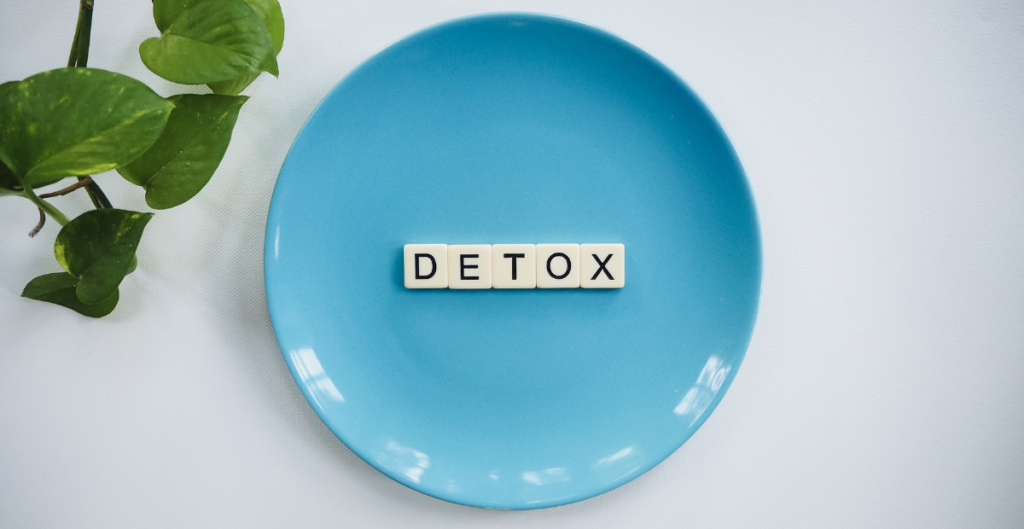
Alcohol And Anxiety Relief
This cycle of self-medication and rebound anxiety digs a deeper and deeper hole for the addicted person, making anxiety treatment harder and harder as time goes by. Alcohol and drug use can worsen the physical symptoms of anxiety as well, reinforcing the need to use more of these substances to function normally. The result is only going to be a cycle of substance abuse that can lead to chemical dependence and addiction.
A person with a dual diagnosis has both a mental disorder such as anxiety disorder and an alcohol or drug problem. These conditions occur together frequently. We Level Up TX dual diagnosis treatment center has developed an effective dual therapy program track. It is also a Gold Seal Recipient and an essential provider of dual diagnosis treatment. We Level Up TX rehab center focuses on the complete treatment required for both illnesses. We treat the entire individual as a whole – their mind, their body, and their soul. Your dual diagnosis treatment teams will provide thorough and comprehensive therapy to you and your family members. We are committed to providing a coordinated and scientific proof-based treatment that works.
Are you ready to overcome your problem with anxiety and alcohol abuse? Does alcohol help anxiety? No…that is why you do not need to hesitate in seeking help. We Level Up Texas treatment center is here to partner with you on your journey to recovery success. There is no better time than today! Get started with a phone call!
Sources:
[1] Anxiety American Psychological Association (APA) https://www.apa.org/search?query=anxiety
[2, 4] Alcohol and Anxiety – https://www.healthline.com/health/alcohol-and-anxiety
[3] FDA – https://www.accessdata.fda.gov/drugsatfda_docs/label/2016/017794s044lbl.pdf
